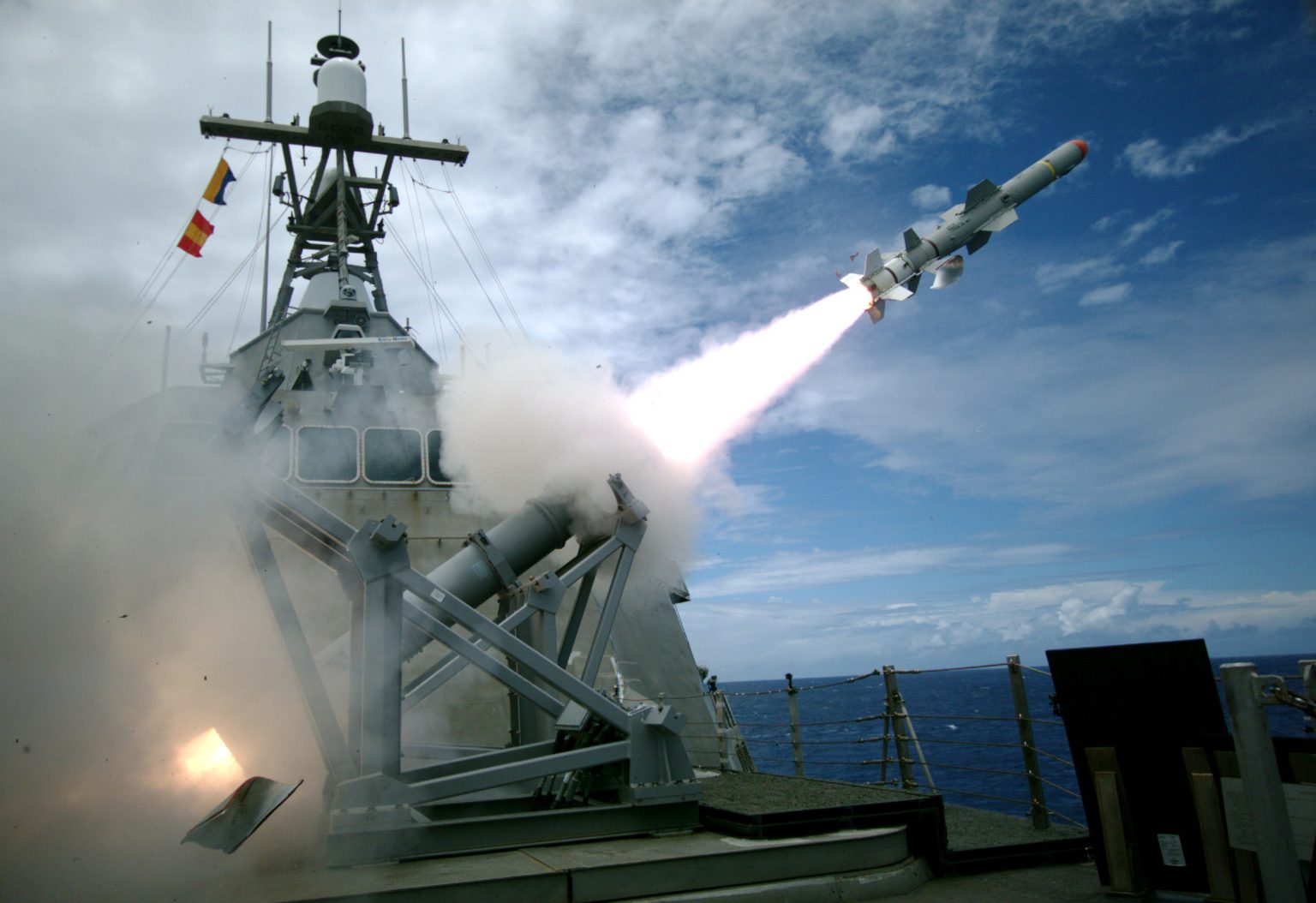China has imposed new sanctions on three major U.S. defense contractors, including Boeing, citing arms sales to Taiwan. The companies, including Boeing’s defense division, General Dynamics Land Systems, and General Atomics Aeronautical Systems, have been added to the Chinese commerce ministry’s “Unreliable Entities” list. The new sanctions prohibit these companies from conducting trade or investment activities in China, and their executives are now subject to an entry ban. This move follows similar sanctions against five other U.S. defense firms in 2023 due to heightened tensions between the two superpowers over Taiwan—a democratic island claimed by Beijing.
While the sanctions are largely symbolic, given U.S. laws prohibiting the sale of military technology to adversarial countries, they come amid escalating tensions between China and Taiwan. The Chinese government has repeatedly vowed to one day bring Taiwan under its control, even if that means using force. In response to China’s military threats and intimidation, Taiwan has called for the U.S. to fulfill its commitments under the Taiwan Relations Act and standing bilateral agreements, as the U.S. is obligated to contribute to Taiwan’s self-defense. Taiwan’s defense forces have been waiting for U.S. orders to be fulfilled, including Boeing’s $500 million contract for 100 shore-based Harpoon missile systems to bolster coastal defenses.
The relationship between China and Taiwan remains complex, with China viewing the island as a renegade province that must eventually be reunified with the mainland. Taiwan, on the other hand, sees itself as a sovereign and independent nation, backed by de facto diplomatic ties with the U.S. Despite the tensions, Taiwan’s new president, Lai Ching-te, has called for dialogue and good-faith measures to improve relations with Beijing. Lai, who was labeled a “troublemaker” by China, urged Beijing to face the reality of Taiwan’s existence as the Republic of China, the official name for the island used by the nationalist government that fled to Taiwan after losing the Chinese Civil War in 1949.
The escalating tensions between China and Taiwan have led to increased military activity in the waters and airspace around the island. Taiwan has responded by boosting defense spending and ramping up domestic weapons production to enhance its defensive capabilities. China’s recent sanctions against U.S. defense contractors over arms sales to Taiwan reflect Beijing’s determination to maintain its claims over the island, despite growing international pressure. The U.S., along with other countries, no longer officially recognizes Taiwan, but maintains strong ties with the island and has obligations to support its self-defense.
As the situation in the Taiwan Strait remains tense, both China and Taiwan have called for dialogue and peaceful solutions to their longstanding dispute. While Beijing has not ruled out the use of force to bring Taiwan under its control, Taiwan’s government continues to push for diplomatic ties and cooperation to prevent any escalation in tensions. With the new sanctions imposed by China, the situation between the two nations remains precarious, with both sides navigating a delicate balance between military posturing and diplomatic efforts to maintain stability in the region.


